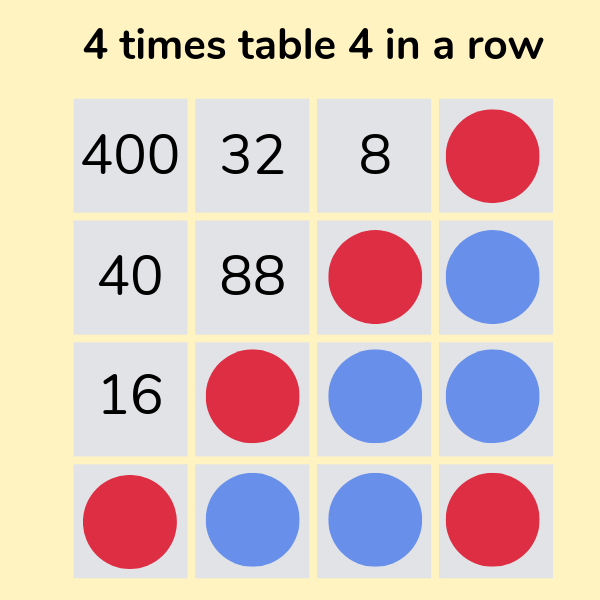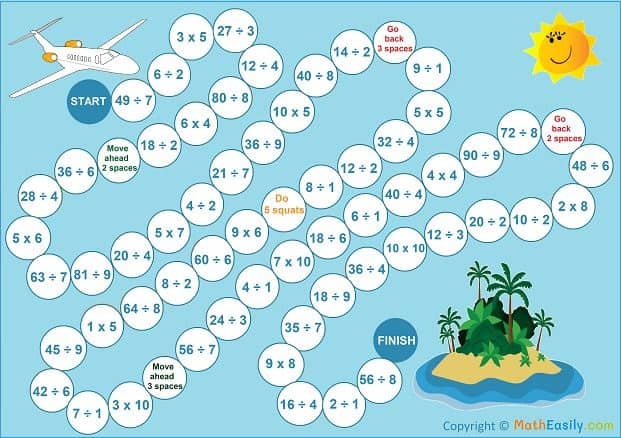In this article, you’ll discover 10 fun and educational math games that are perfect for kids. We’ll explore different types of games that will help children sharpen their math skills while having a great time. From counting games to puzzle-solving challenges, there’s something for every young learner. So, get ready to explore these top-rated math-based brain games for children and watch as your child’s math abilities soar!
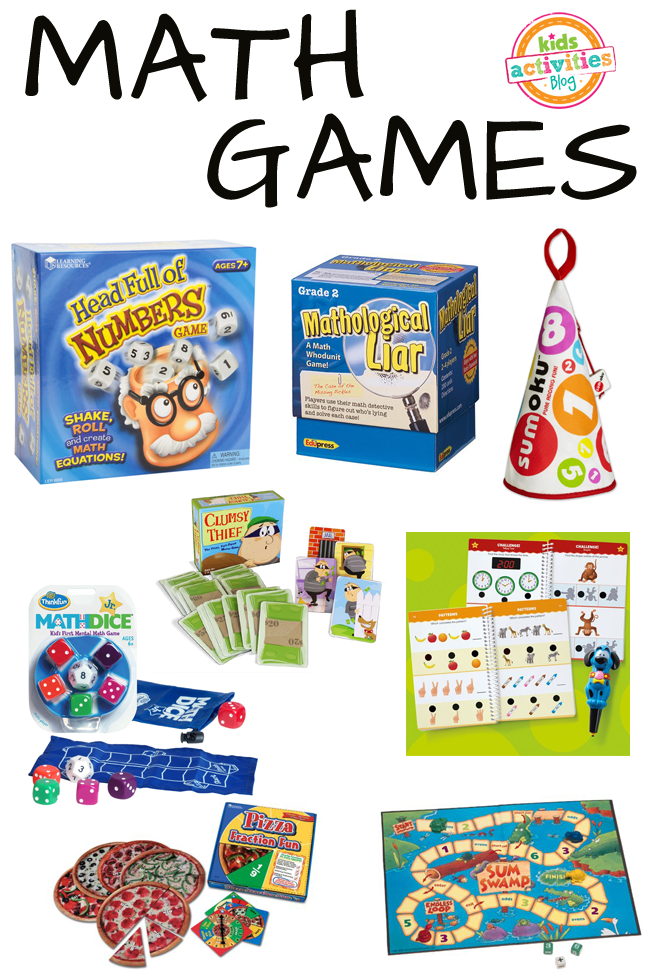
Math Games for Kids
Math is a subject that can often be seen as mundane and boring, but it doesn’t have to be! With the right math games, learning math can be both fun and educational for kids. In this article, we will explore the importance of math games, the different types of math games available, and how they can benefit kids of all ages. We will also provide a list of the top 10 fun and educational math games for kids.
Overview of Math Games
Math games are specially designed activities that help children improve their math skills while having fun. These games are based on mathematical concepts and principles and are designed to engage children in hands-on and interactive learning experiences. Math games can be played both online and offline, and they come in various formats, including board games, card games, puzzles, and digital games.
Importance of Fun and Education
When children find learning fun, they are more likely to stay engaged and motivated to learn. Fun and educational math games provide an exciting and enjoyable way for children to practice and reinforce math concepts. By incorporating game elements into the learning process, such as competition, rewards, and challenges, math games make learning math more enjoyable and meaningful.
How Math Games Benefit Kids
Math games offer numerous benefits for kids. Firstly, they help improve math skills such as number recognition, counting, sequencing, geometry, and shape recognition. Math games also enhance problem-solving skills, critical thinking abilities, and logical reasoning. Moreover, math games encourage teamwork and collaboration, as many games can be played with friends or family members. Additionally, math games promote a positive attitude towards math and can help reduce math anxiety, making math more accessible and enjoyable for kids.
Types of Math Games
There are various types of math games that cater to different learning objectives and age groups. Let’s explore some of the most common types of math games:
Number Recognition Games
Number recognition games are designed to help children develop their ability to recognize and identify numbers. These games often involve matching numbers, counting objects, or finding the missing numbers in a sequence. Number recognition games are particularly beneficial for preschoolers and early elementary school children who are just starting to learn about numbers.
Counting and Sequencing Games
Counting and sequencing games focus on developing children’s counting skills and understanding of number sequences. These games can involve counting objects, counting on and back, or ordering numbers. Counting and sequencing games are suitable for preschoolers and early elementary school children who are learning how to count and comprehend number patterns.
Geometry and Shape Games
Geometry and shape games allow children to explore and identify different shapes and their properties. These games often involve sorting shapes, matching shapes to their names, or building and creating shapes using tangrams or blocks. Geometry and shape games are suitable for elementary school children who are learning about geometric shapes and their attributes.
Interactive Online Math Games
In today’s digital age, interactive online math games have gained popularity among kids. These games can be accessed through math apps and websites, providing children with a convenient and engaging platform to practice math skills. Let’s take a look at the benefits of online math games and some popular online math game platforms:
Exploring Math Apps and Websites
Math apps and websites offer a wide range of interactive math games that cover various math concepts and skills. These platforms often have features such as progress tracking, personalized learning, and adaptive difficulty levels. Math apps and websites allow children to practice math at their own pace and provide immediate feedback, making it easier for them to identify and correct any mistakes.
Benefits of Online Math Games
Online math games offer several advantages for kids. Firstly, they provide a visually stimulating and immersive learning environment that keeps children engaged and motivated. Online math games also offer a wide variety of games and activities, catering to different learning preferences and abilities. Moreover, online math games can be accessed anytime and anywhere, allowing children to continue their learning outside of the classroom.
Popular Online Math Game Platforms
There are numerous online math game platforms available that provide a wide range of games for kids. Some popular platforms include ABCmouse, Prodigy, SplashLearn, Coolmath Games, and Math Playground. These platforms offer a variety of math games for different age groups and skill levels, ensuring that children can find games that suit their interests and learning needs.
Physical Math Games
While online math games have their advantages, it is also important to incorporate physical math games into children’s learning experiences. Physical math games provide a hands-on and interactive learning experience that can be enjoyed with friends and family members. Let’s explore some types of physical math games:
Board Games for Math Learning
Board games are a classic choice when it comes to physical math games. There are many board games available that focus on math skills such as counting, addition, subtraction, and strategy. Some popular math board games include “Monopoly,” “Sum Swamp,” and “Math Dice.” These games not only improve math skills but also enhance critical thinking and problem-solving abilities.
Card Games that Enhance Math Skills
Card games are another fun way to enhance math skills. Games such as “War,” “Go Fish,” and “Uno” can be modified to incorporate math elements. For example, instead of matching cards by suit or number, children can match cards based on addition or subtraction equations. Card games help improve math fluency and number sense while providing an enjoyable and competitive gaming experience.
Hands-on Math Game Activities
In addition to board games and card games, there are many hands-on math game activities that can be created using everyday objects. For example, children can use blocks or Legos to build and compare different shapes or create patterns. They can also use objects such as buttons or coins to practice counting and sorting. Hands-on math game activities promote creativity, problem-solving, and critical thinking skills while making learning math more tangible and interactive.
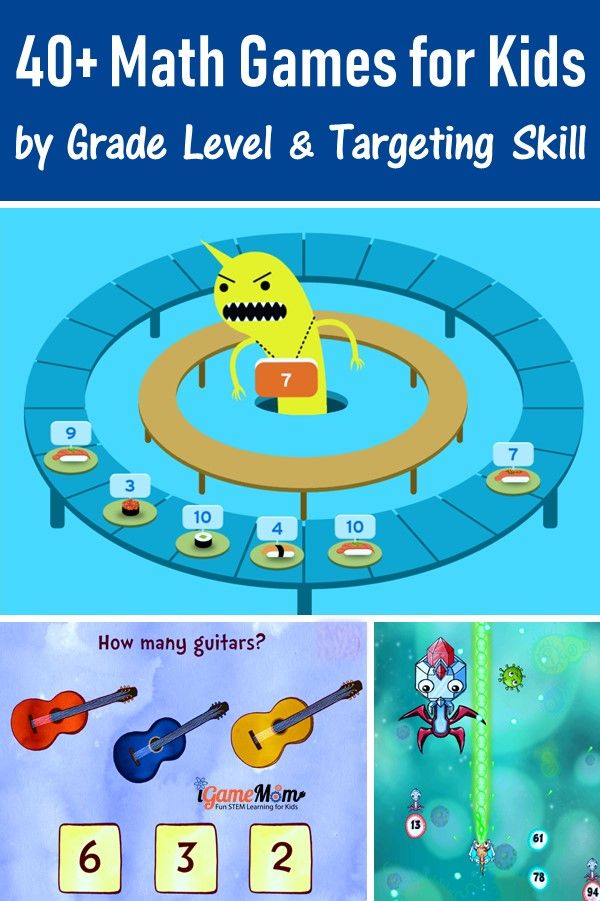
Math Games for Different Age Groups
Math games can be tailored to suit different age groups and learning levels. Let’s explore some math games suitable for preschoolers, elementary school children, and middle school students:
Preschool Math Games
Preschoolers can benefit from math games that focus on basic concepts such as counting, number recognition, and shape recognition. Games such as “Number Bingo,” “Shape Sorter,” and “Counting Caterpillar” are perfect for this age group. These games provide a hands-on and interactive learning experience that helps preschoolers develop a strong foundation in math.
Elementary School Math Games
Elementary school children can engage in math games that involve more complex concepts such as addition, subtraction, multiplication, and division. Games such as “Math War,” “Math Dash,” and “Minute Math” challenge children’s math skills while making learning enjoyable. These games help reinforce mathematical concepts and improve problem-solving abilities.
Middle School Math Games
Middle school students can benefit from math games that focus on more advanced topics such as fractions, decimals, geometry, and algebra. Games such as “Fraction Bingo,” “Geometry Dash,” and “Algebra Race” provide a fun and interactive way for middle school students to practice and reinforce these concepts. These games help prepare students for more complex math concepts in high school.
Incorporating Math Games into Teaching
Math games can be a valuable addition to traditional teaching methods. Let’s explore how math games can be incorporated into teaching and learning environments:
Using Math Games in Classroom
Math games can be used in the classroom to supplement traditional math lessons. Teachers can incorporate math games as a form of hands-on practice or use them as a review before assessments. Math games can also be used to differentiate instruction, allowing students to work at their own pace and level. By incorporating math games into the classroom, teachers can create a more engaging and interactive learning environment.
Engaging Students through Game-based Learning
Game-based learning involves using games as a primary tool for teaching and learning. By incorporating math games into lesson plans, teachers can engage students in active learning experiences that promote critical thinking, problem-solving, and collaboration. Game-based learning also allows students to take ownership of their learning and fosters a positive attitude towards math.
Integrating Math Games into Lesson Plans
Math games can be integrated into lesson plans to reinforce and extend learning objectives. Teachers can design math games that align with specific lesson topics or learning goals. For example, after teaching a lesson on fractions, teachers can create a fraction card game or a fraction board game for students to play. By integrating math games into lesson plans, teachers can provide students with additional opportunities to practice and apply their math skills.
Top 10 Fun and Educational Math Games for Kids
Now that we have explored the different types of math games and their benefits, let’s take a look at the top 10 fun and educational math games for kids:
1. Math Scavenger Hunt
Math Scavenger Hunt is a game where children search for hidden math problems or objects related to math. It promotes problem-solving and critical thinking skills while making learning math enjoyable.
2. Number Ninja
Number Ninja is an online math game that challenges children’s number recognition and counting skills. It involves slicing numbers and fruits to solve math problems and improve mental math abilities.
3. Shape Builder
Shape Builder is a hands-on math game where children use tangrams or blocks to create and build different shapes. It helps develop spatial reasoning and shape recognition skills.
4. Math Bingo
Math Bingo is a classic math game that combines the excitement of bingo with math practice. It helps improve number recognition, addition, subtraction, multiplication, and division skills.
5. Fraction Frenzy
Fraction Frenzy is a card game that focuses on fractions. It allows children to practice identifying equivalent fractions and comparing fractions while engaging in friendly competition.
6. Time Teller
Time Teller is an online math game that helps children practice telling time. It challenges children to read analog and digital clocks and solve time-related problems.
7. Money Master
Money Master is a board game that teaches children about money and basic financial skills. It involves buying, selling, and managing money while promoting math skills and financial literacy.
8. Logic Puzzler
Logic Puzzler is a game that challenges children’s logical reasoning and problem-solving abilities. It involves solving math-related puzzles and riddles using deductive reasoning and critical thinking skills.
9. Math Puzzle Adventure
Math Puzzle Adventure is an online math game that combines math practice with an exciting adventure. It involves solving math problems to move through different levels and complete challenges.
10. Math Olympics
Math Olympics is a competitive math game that can be played individually or in teams. It involves solving math problems under time pressure and promoting mental math skills.
Creating Math Games at Home
Creating math games at home is a great way to involve family and friends in the learning process. Let’s explore some DIY math game ideas:
DIY Math Game Ideas
- “Mathopoly”: Create a math-themed version of the classic board game “Monopoly,” where players can earn money and properties by solving math problems.
- “Shape Puzzles”: Create puzzles using geometric shapes and challenge children to assemble the puzzles correctly.
- “Math Relay Race”: Set up a relay race where children have to solve math problems at each station before moving on to the next.
Involving Family and Friends
Math games can be enjoyed with family and friends, making learning math a social and collaborative experience. By involving family members or friends in math games, children can reinforce their math skills while having fun and building stronger relationships with their loved ones.
Making Math Games with Everyday Objects
Math games can be created using everyday objects found at home. For example, children can use playing cards to practice addition or subtraction, or they can use coins and play store to practice counting and making change. These games help make math more tangible and relatable to real-life situations.
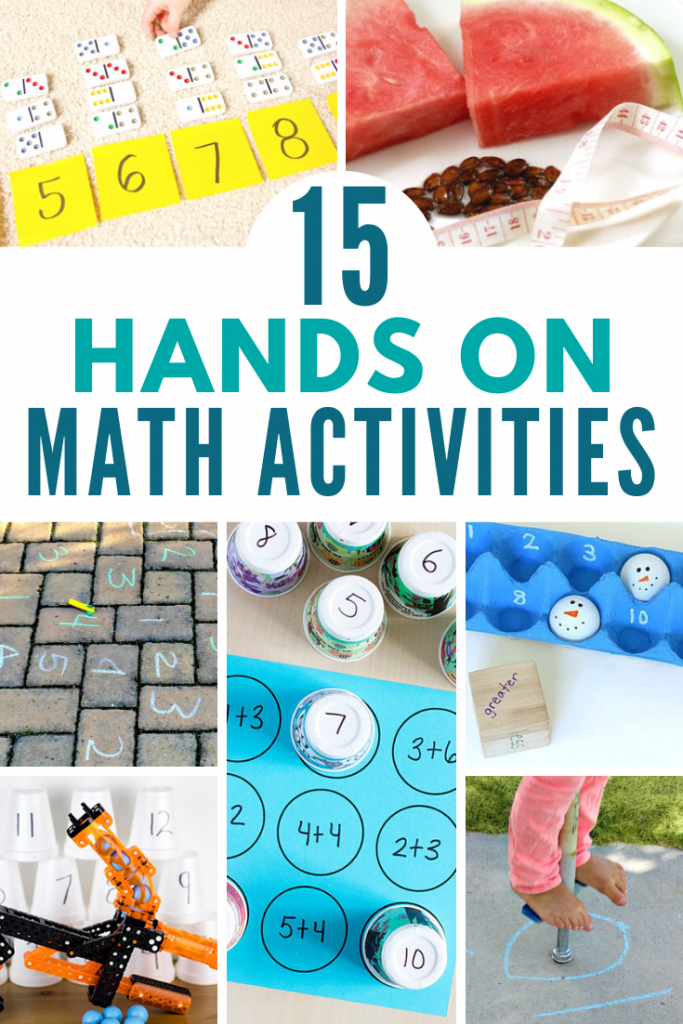
Measuring the Impact of Math Games
Assessing the impact of math games is essential to understand their effectiveness in improving math skills. Let’s explore some ways to measure the impact of math games:
Assessing Math Skills Improvement
Teachers and parents can assess math skills improvement by comparing pre-game and post-game assessments. By measuring improvements in areas such as number recognition, counting, problem-solving, and critical thinking, educators can determine the effectiveness of math games in enhancing math skills.
Student Feedback and Engagement
Student feedback and engagement are crucial indicators of the impact of math games. Teachers can gather feedback from students about their experiences with math games and their perceived improvement in math skills. Additionally, observing students’ level of engagement and motivation during math games can provide insights into the effectiveness of these games.
Long-term Effects on Math Learning
Long-term effects on math learning can be measured by assessing students’ retention of math concepts and their ability to apply these concepts in real-world situations. Monitoring students’ long-term performance in math can help determine whether math games contribute to sustained math learning and success.
Conclusion
Math games offer a fun and educational way for children to improve their math skills. Whether played online or offline, math games provide children with engaging and interactive learning experiences. By incorporating math games into teaching and learning environments, educators can make math more enjoyable and accessible for students. So, why not start exploring some of these fun and educational math games and make learning math an enjoyable adventure for your kids?
